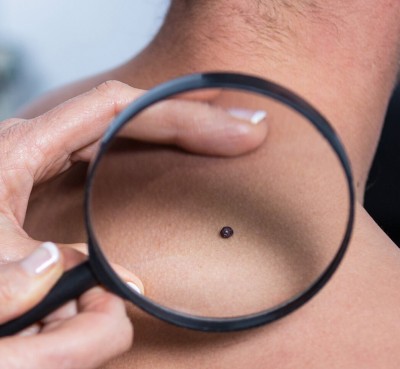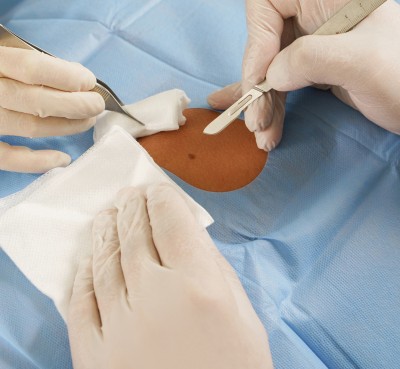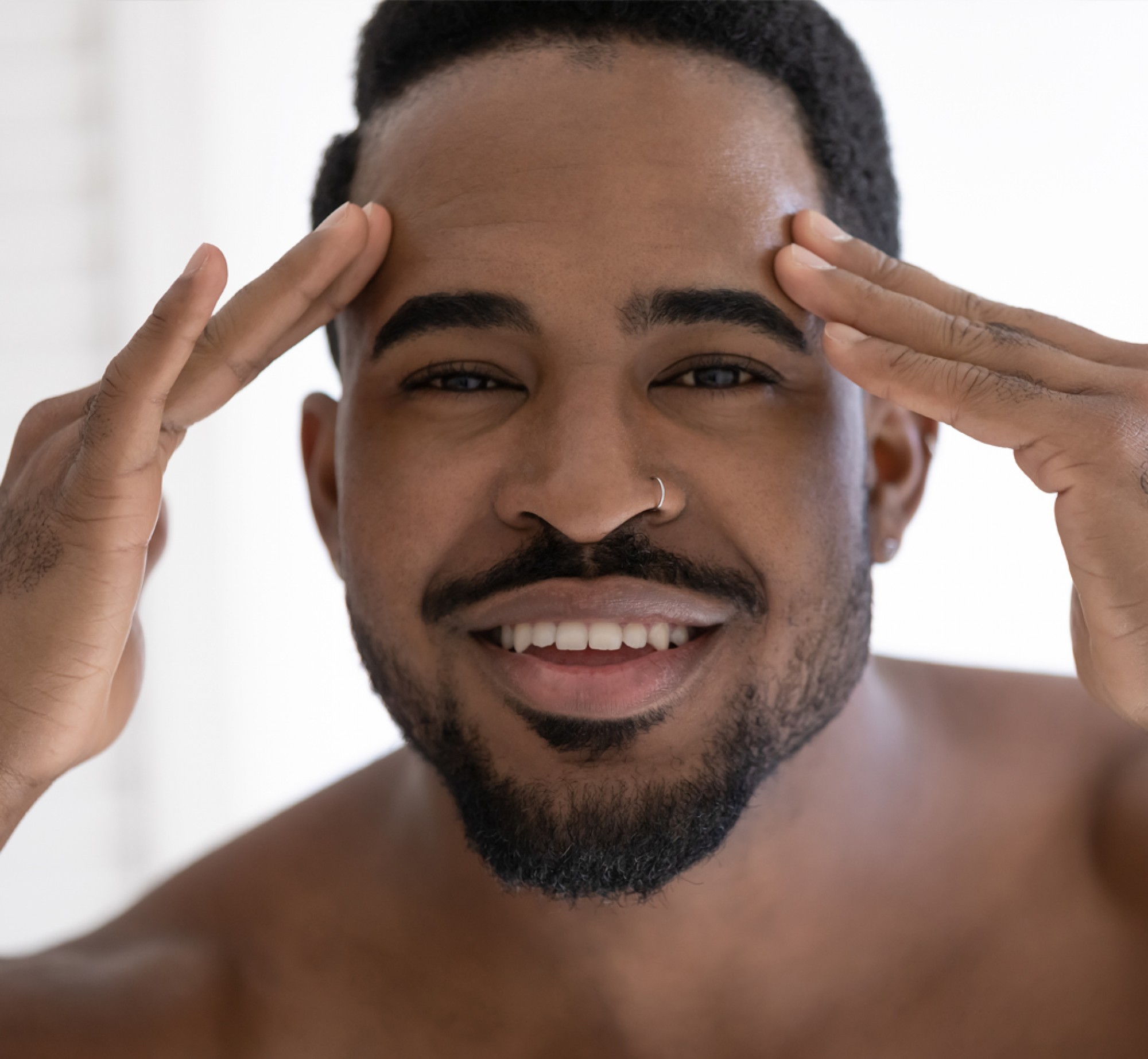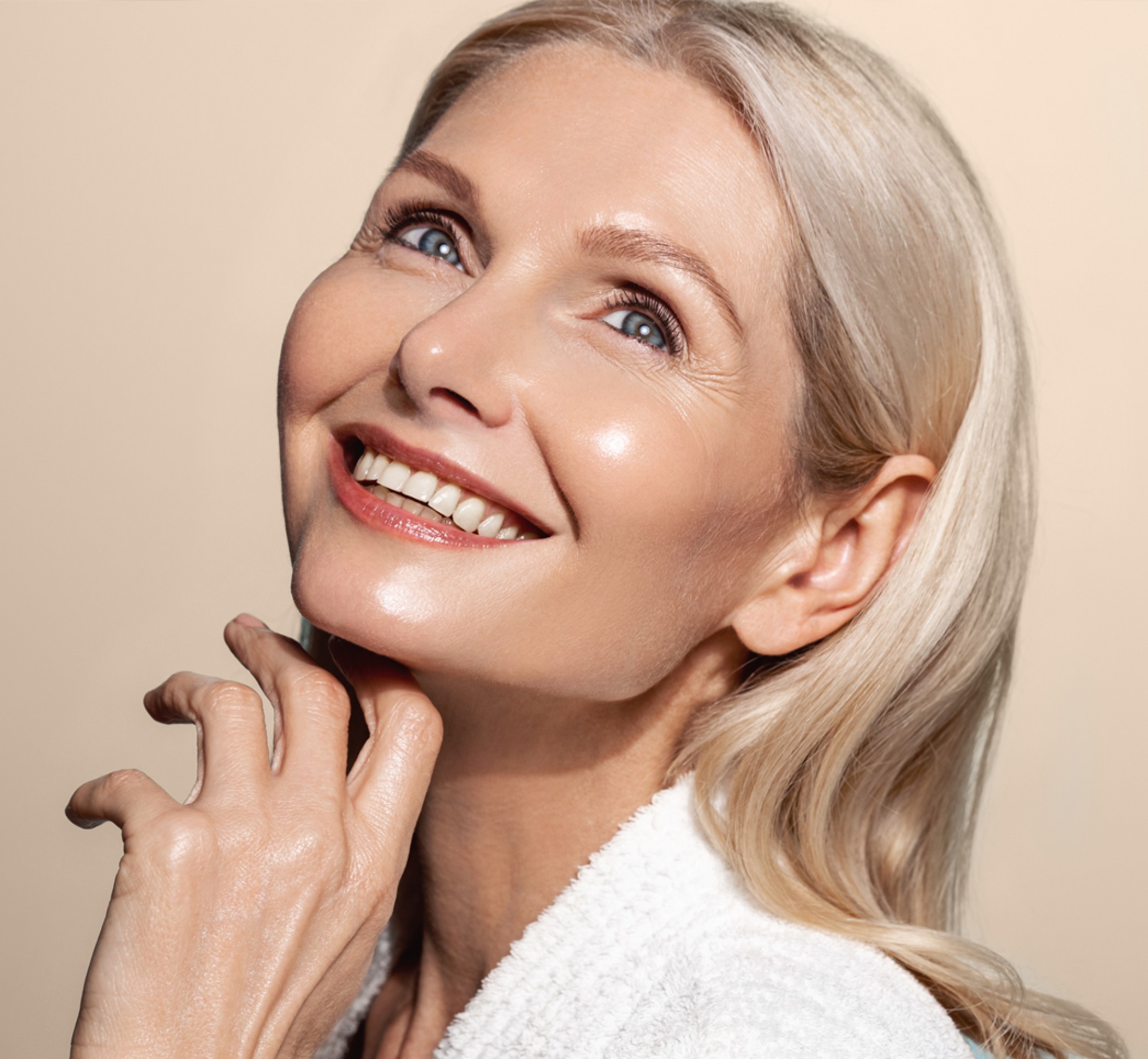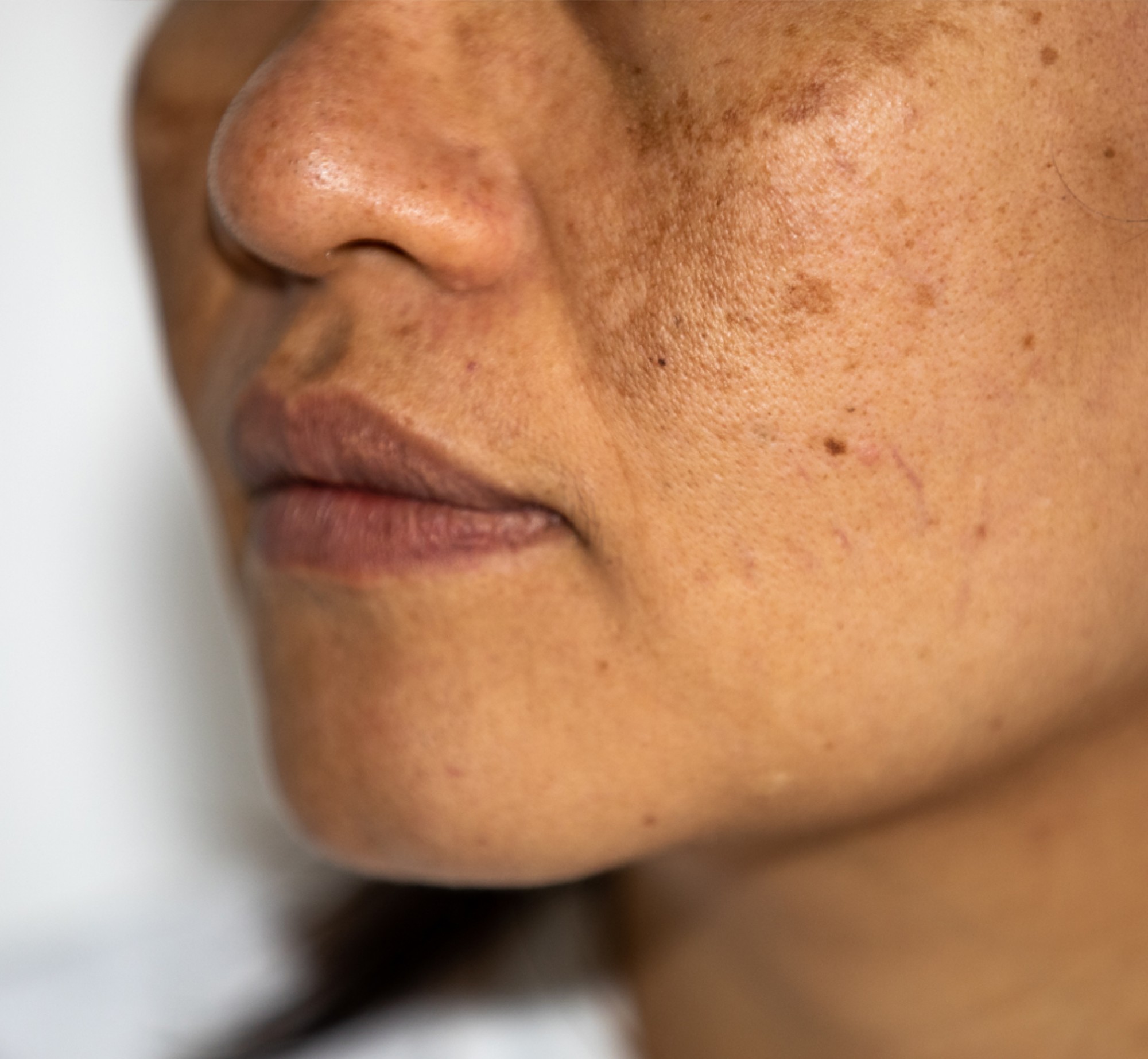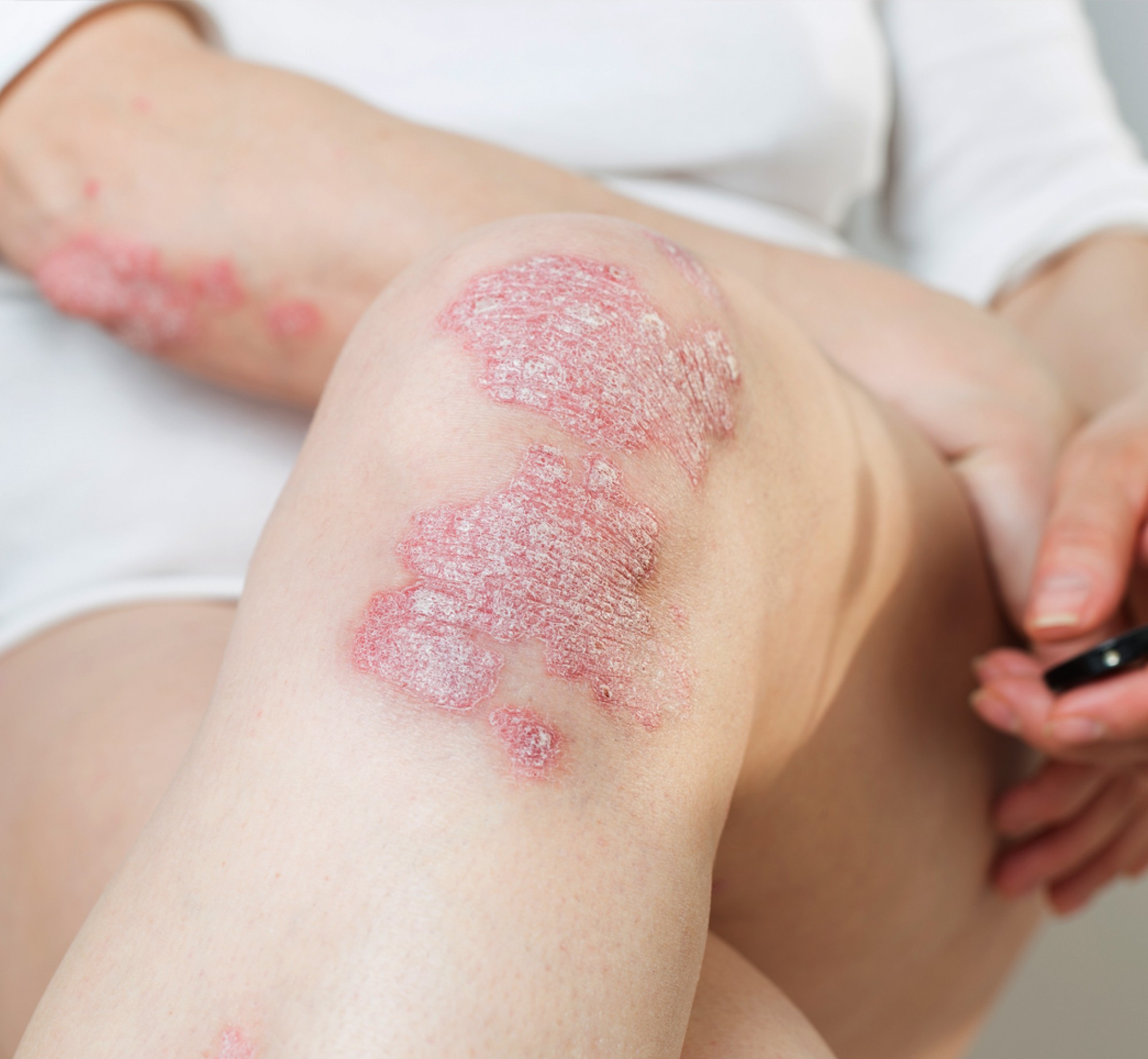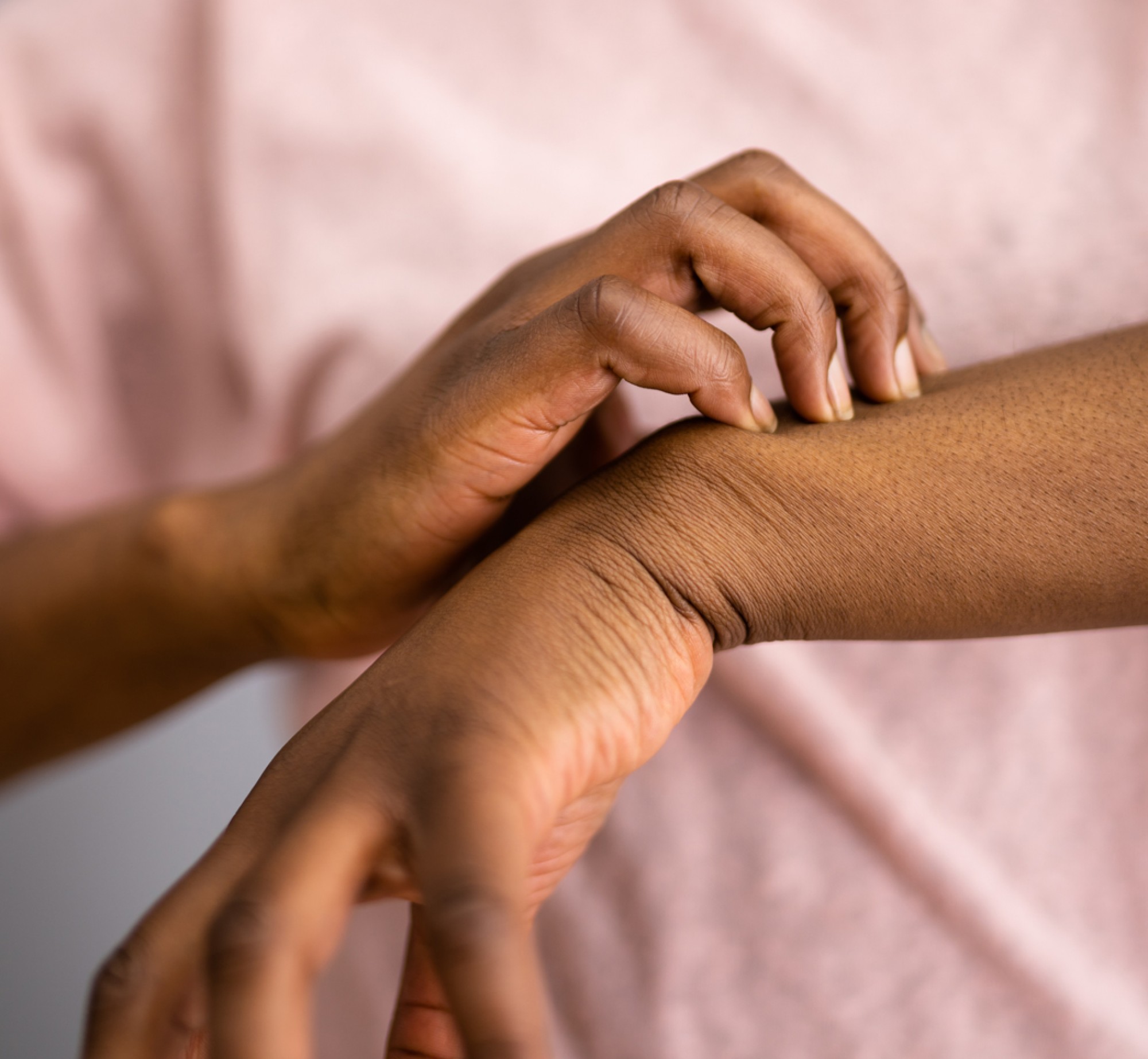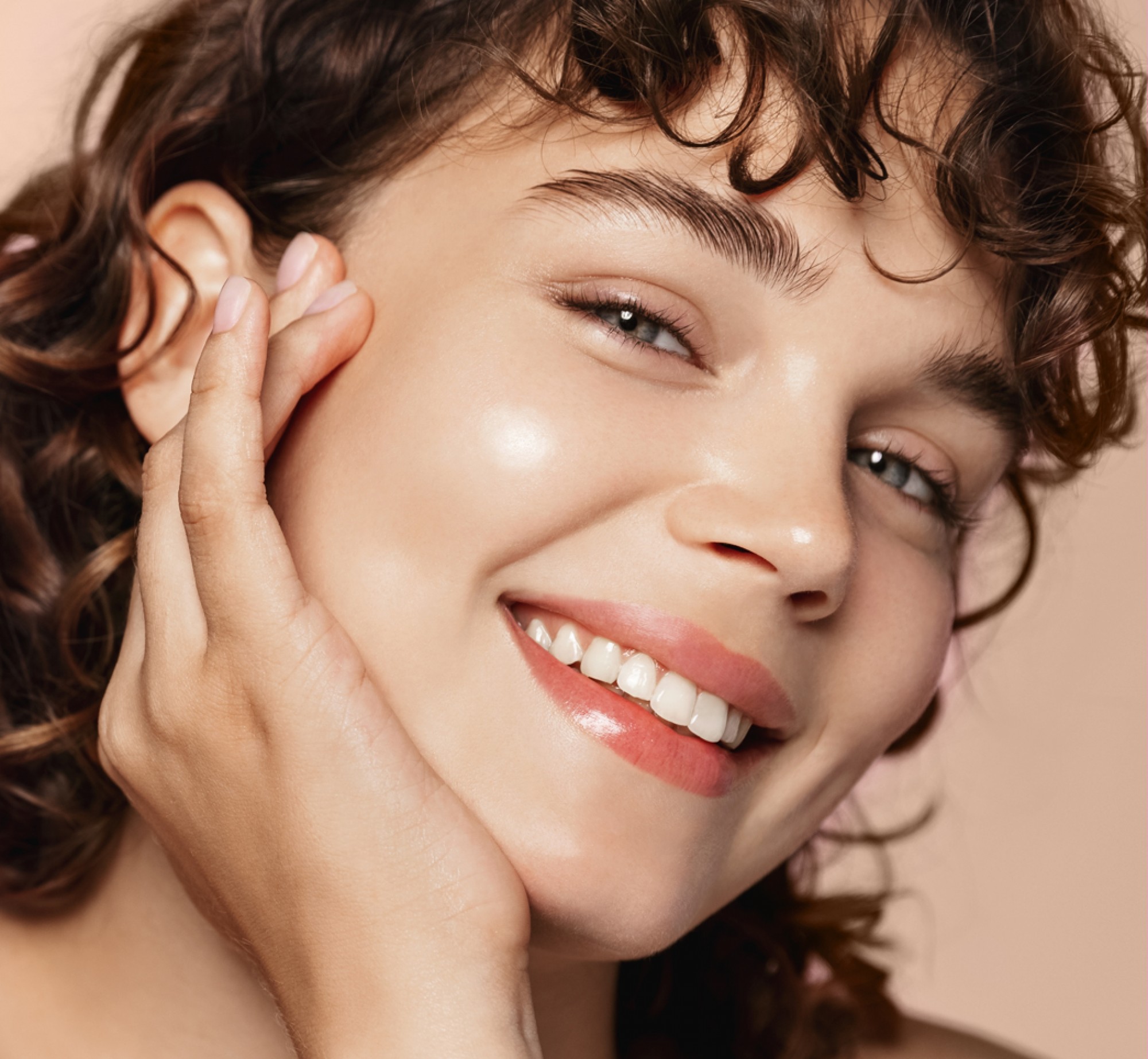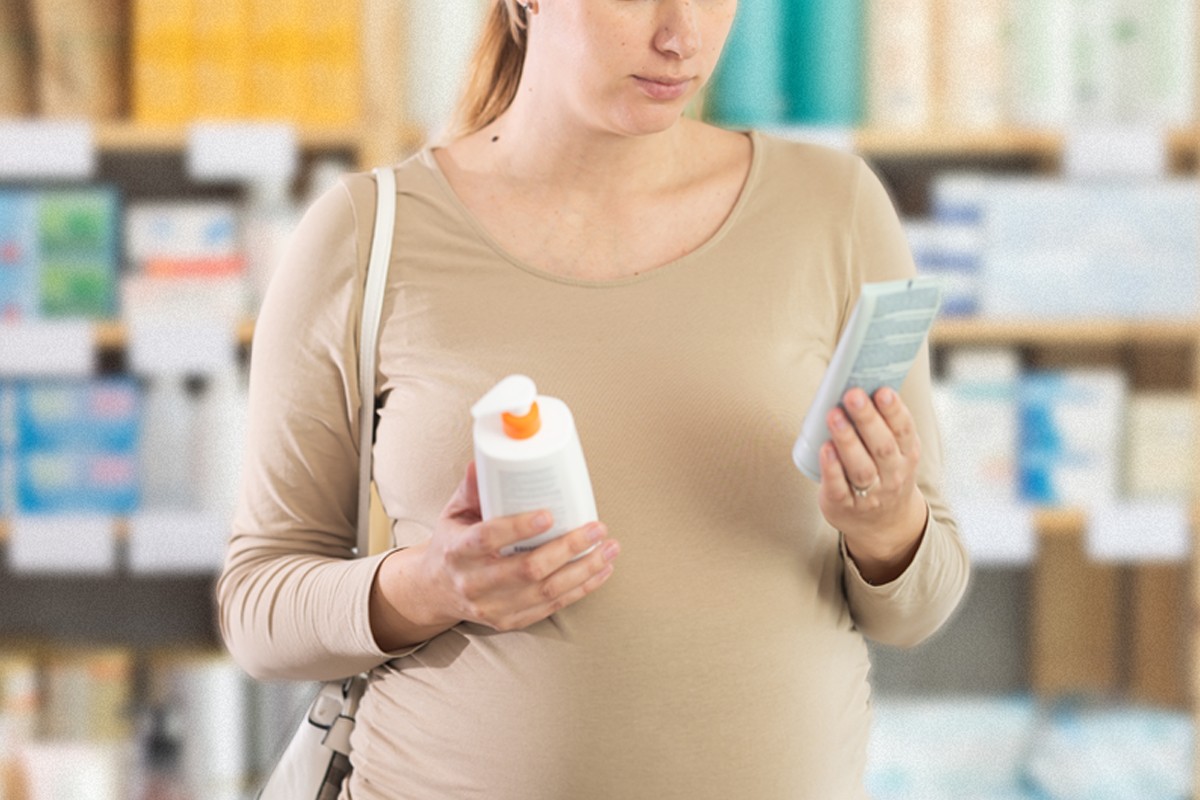The Blog
- Acne
- Maskne
- Melasma
- Pigmentation
- Hyperpigmentation
- Eczema
- Covid-19
- Rashes
- Covid-19 Vaccine
- Fillers
- Scars
- Botox
- Neurotoxins
- Skin
- Rosacea
- Seborrhea
- Anti-aging
- Skin Cancer
- Chemical Peels
- Allergies
- Infection
- Skin Tags
- Medical Care
- Dry Skin
- Skin Care
- Skin Care Tips
- Acne
- psoriasis
- Dandruff
- Impetigo
- Hair
- Intertrigo
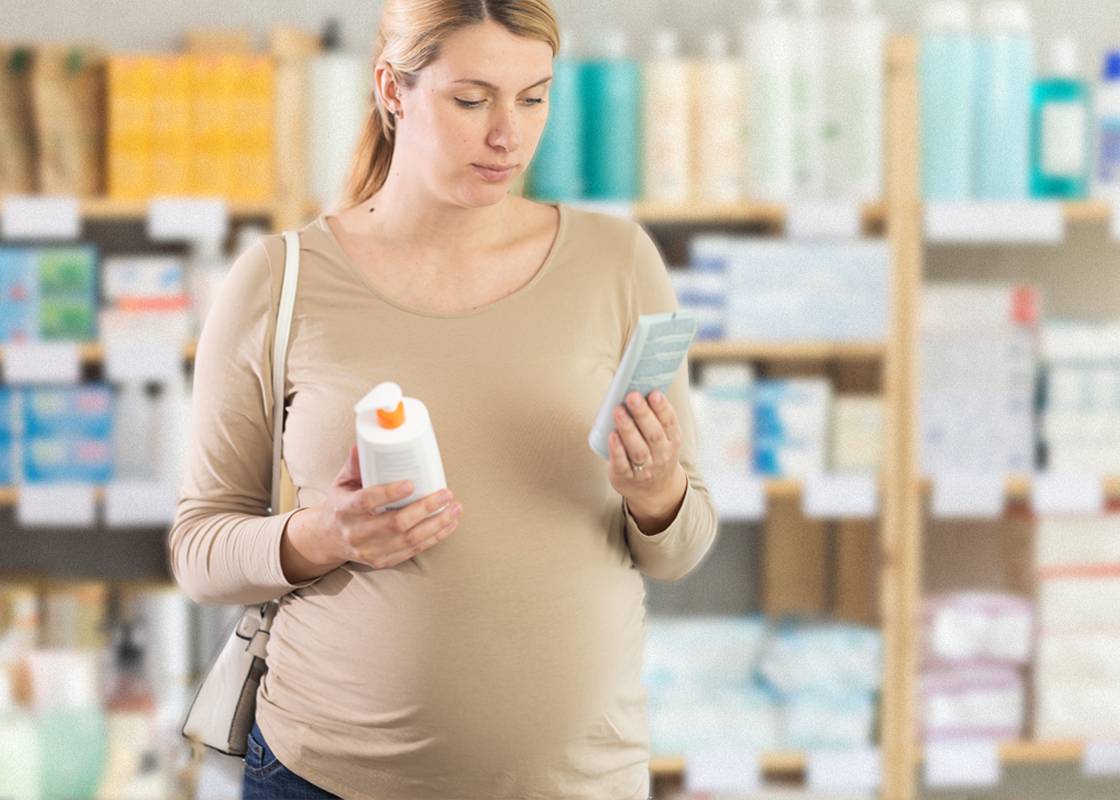
When I was pregnant — and even now, as a dermatology provider — I practice full sun-safety: daily sunscreen, seeking shade, wearing hats, and avoiding peak sun hours. But when I was expecting, one question came up constantly: “Is it safe for me to wear sunscreen while pregnant?” If you’re asking the same thing, you’re not alone.
Pregnancy comes with a long list of ingredient warnings, so it makes sense that sunscreen brings worry, fear, and confusion. Many patients tell me:
“I’m scared of chemicals harming the baby.”
“Every website says something different.”
“Labels are confusing, is zinc oxide safe? What about octinoxate? Avobenzone?”
“I just want to protect my skin without making the wrong choice.”
Let’s break it down clearly, calmly, and based on dermatology-approved science.
Why Sunscreen Matters Even More During Pregnancy
Sunscreen is a 365-day habit—rain or shine. Whether it’s peak summer or the middle of winter, a pregnancy-safe mineral sunscreen should still go on every morning as part of your routine. During pregnancy, your skin becomes more reactive.
Conditions like:
• melasma (pregnancy mask)
• hyperpigmentation
• photosensitivity
…are extremely common. Even a few minutes of sun exposure can darken pigmentation that may take years to fade postpartum. This is why sunscreen is one of the most important pregnancy-safe skincare steps, but choosing the right type matters.
The Big Question — Is Sunscreen Safe During Pregnancy?
Short answer: YES But not all sunscreens are equal. The safest — and most recommended — option is mineral sunscreen, also called physical sunscreen.
The Safest Sunscreens During Pregnancy (What to Use)
Pregnancy-Safe Sunscreen Ingredients
• Zinc Oxide
• Titanium Dioxide
These ingredients sit on top of the skin and act like a shield, reflecting UV rays rather than absorbing them.
Why dermatologists recommend mineral sunscreen in pregnancy:
• Non-absorbing
• Low risk of irritation
• No known harmful effects to the developing baby
• Great for sensitive or reactive skin
• Helps control melasma and pigmentation
Pregnancy & Sunscreen Ingredients to Avoid (What Not to Use)
• Oxybenzone
• Avobenzone
• Octinoxate
• Octisalate
• Octocrylene •
Homosalate
Why avoid them?
Some chemical filters are absorbed into the bloodstream. While studies are not fully conclusive, most dermatology providers advise avoiding them because:
• They cross the skin barrier
• They may cross the placenta
• Alternatives are easily available
• Patients feel safer choosing mineral options
• Pregnancy already brings anxiety — sunscreen shouldn’t add to it.
“Is Octinoxate Safe for Pregnancy?”
Octinoxate is a chemical sunscreen ingredient. It is generally not recommended during pregnancy due to its ability to be absorbed and potential hormonal concerns. Use mineral sunscreen instead. “Is Avobenzone Safe During Pregnancy?” Avobenzone is another chemical filter. It is not known to be dangerous, but most providers recommend avoiding it when easy mineral alternatives exist.
“Is Sunscreen Safe for Pregnancy?” — The Simple Checklist
If the label ONLY lists:
• Zinc Oxide
• Titanium Dioxide
This means the product is:
Safe for pregnancy
• Dermatologist recommended
• Best for melasma prevention
If the label lists ANY of these:
• Oxybenzone
• Avobenzone
• Octinoxate
• Octocrylene
• Octisalate
• Homosalate
Avoid during pregnancy
How to Use Sunscreen Safely in Pregnancy
To keep your skin protected and melasma under control:
• Apply every morning, even indoors
• Use ½ teaspoon for the face and neck
• Reapply every 2–3 hours outdoors
• Wear a wide-brim hat
• Avoid peak sun (10 a.m.–3 p.m.)
• Seek shade or sit under an umbrella
• Use sun-protective clothing (UPF 50+ preferred)
• These habits matter as much as the sunscreen itself — especially when pregnant.
When to See a Dermatology Provider
Make an appointment if you experience:
• Worsening melasma
• Persistent dark patches
• Sunscreen irritation
• Pregnancy acne
• Spots that change in size, color, or texture
We can help you create a pregnancy-safe, personalized plan that protects your skin and gives you peace of mind.
A Final Note From a Dermatology Mom
When I was pregnant, I had the same worries you do now. I read every label twice, second-guessed my products, and wondered if one wrong choice could somehow hurt my baby. If that’s how you feel staring at your sunscreen bottle, you are absolutely not alone. Here’s what I want you to take away:
• You don’t have to avoid sunscreen to keep your baby safe.
• Choosing a mineral sunscreen with zinc oxide and/or titanium dioxide is a simple, safe decision.
• Pair it with shade, hats, and UPF clothing, and you’re doing more than enough.
Pregnancy is already full of unknowns; your sunscreen doesn’t need to be one of them. If you’re still unsure about an ingredient, or if melasma, acne, or sensitivity are making you miserable, that’s exactly what we’re here for. If you’re in Sandy Springs or the greater Atlanta area, we’d love to care for you at Springs Dermatology MD. We can look at your current routine, simplify it, and build a pregnancy-safe plan that protects both your skin and your peace of mind.
Dr. Shereen Timani and Dr. Zack Charkawi are here to guide you through this next phase with healthy, glowing skin.




